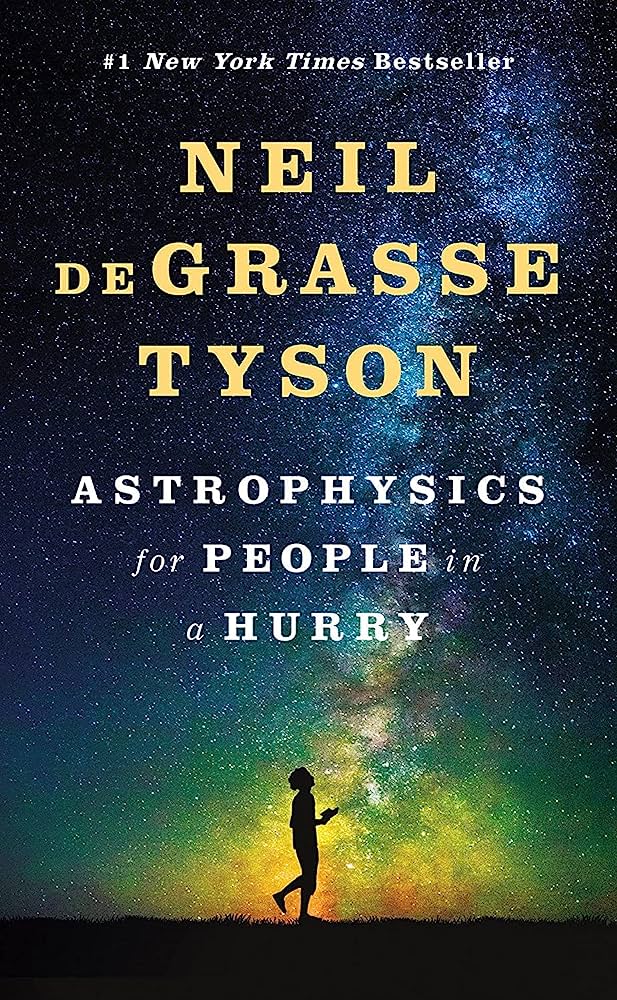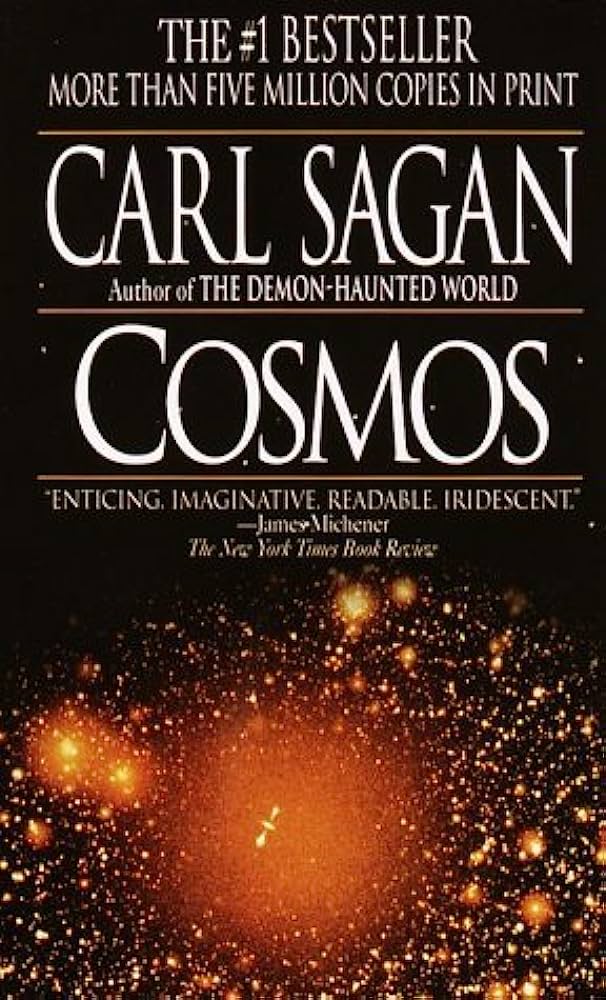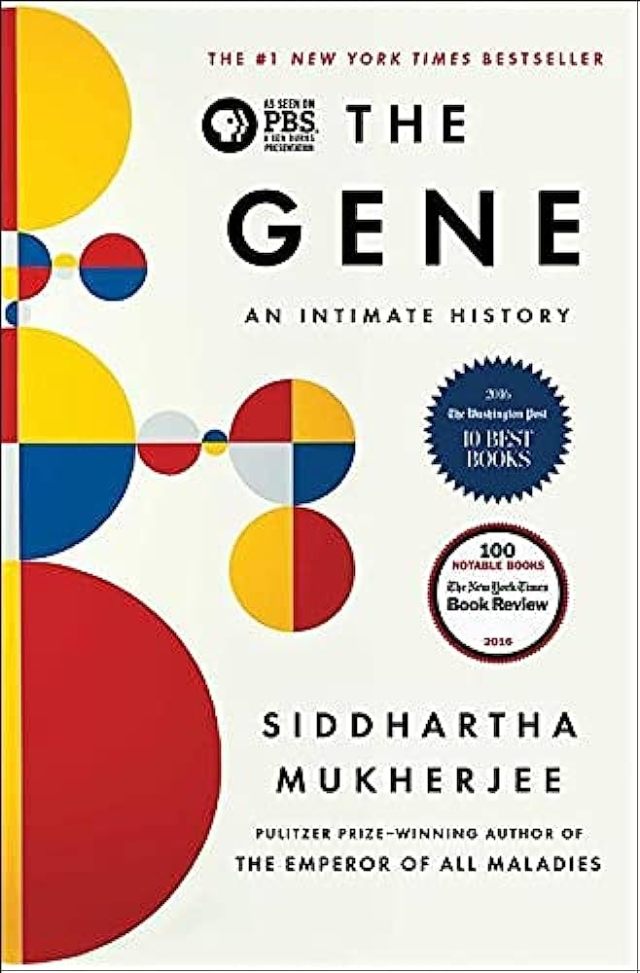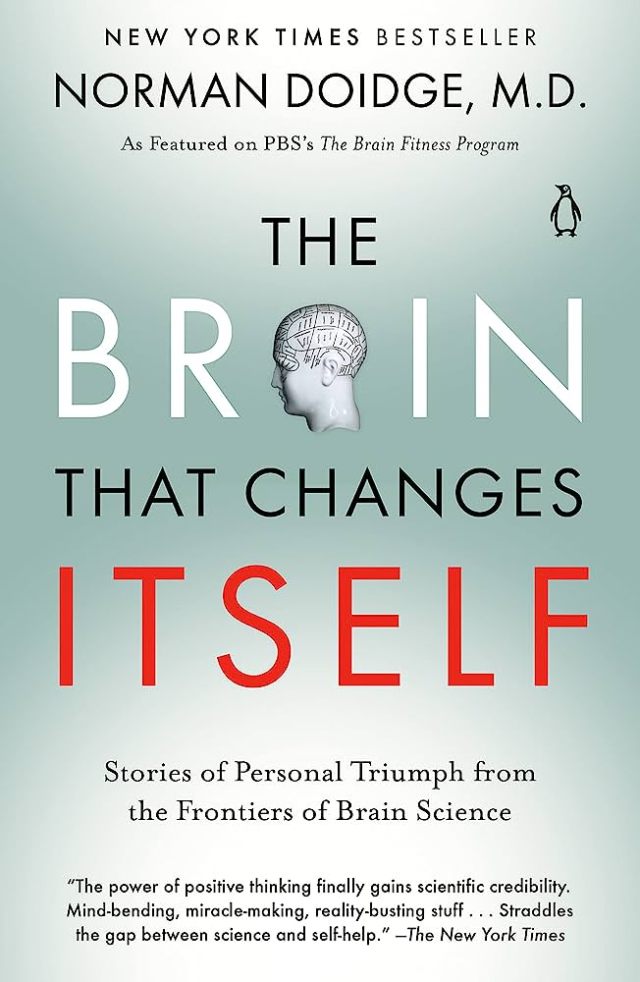12 Best Science Books: Exploring The Wonders Of Knowledge

Disclaimer
This post may contain affiliate links. I will make a small commission if you make a purchase through one of these links, at no extra cost to you. See full disclosure and disclaimer policy HERE.
Have you ever felt a sense of awe and wonder when delving into the depths of scientific knowledge? From unravelling the mysteries of the universe to understanding the intricacies of the human body, scientific books have the power to ignite our curiosity and expand our understanding of the world around us. In this article, we will explore some of the best science books that offer a captivating journey through the realms of science.
Table of Contents
- The Best Science Books
- The Elegant Universe by Brian Greene
- Astrophysics for People in a Hurry by Neil deGrasse Tyson
- Sapiens: A Brief History of Humankind by Yuval Noah Harari
- The Immortal Life of Henrietta Lacks by Rebecca Skloot
- Cosmos by Carl Sagan
- The Gene: An Intimate History by Siddhartha Mukherjee
- The Emperor of All Maladies: A Biography of Cancer by Siddhartha Mukherjee
- The Hidden Life of Trees: What They Feel, How They Communicate by Peter Wohlleben
- The Brain That Changes Itself: Stories of Personal Triumph from the Frontiers of Brain Science by Norman Doidge
- A Brief History of Time by Stephen Hawking
- Lab Girl: A Story of Trees, Science, and Love by Hope Jahren
- The Immortalists: Charles Lindbergh, Dr. Alexis Carrel, and Their Daring Quest to Live Forever by David M. Friedman
- Conclusion
- FAQs
Science books hold a special place in the realm of literature. They are not just pages filled with facts and figures; rather, they are gateways to understanding the world in all its complexity. These books have the remarkable ability to ignite curiosity, expand knowledge, and inspire readers to question the very fabric of our existence.
RELATED:
Best Self-Help Books Of All Times To Inspire Change
The best science books also offer a fascinating portal into the vast realms of knowledge that have been meticulously built upon centuries of inquiry and discovery. They encapsulate the collective wisdom of scientists, researchers, and thinkers who have dedicated their lives to unravelling the mysteries of the universe, from the tiniest particles to the farthest reaches of space.
Through these books, readers can embark on intellectual journeys that deepen their understanding of various scientific disciplines and provide a broader perspective on the interconnectedness of our world.
The Best Science Books
The Elegant Universe by Brian Greene
In The Elegant Universe by Brian Greene, the author takes us on a mesmerizing exploration of the fundamental theories of modern physics, including Einstein’s theory of relativity and the mind-bending concept of string theory. Greene’s engaging narrative style and ability to simplify complex concepts make this book a must-read for anyone fascinated by the mysteries of the cosmos.
Astrophysics for People in a Hurry by Neil deGrasse Tyson
Astrophysics for People in a Hurry by Neil deGrasse Tyson offers a condensed and accessible exploration of the mysteries of the universe. Tyson presents complex concepts in a conversational and engaging style, providing readers with a concise understanding of the latest discoveries in astrophysics, from the Big Bang to black holes. This book is perfect for those seeking a quick but enlightening journey through the cosmos.
Sapiens: A Brief History of Humankind by Yuval Noah Harari
In Sapiens by Yuval Noah Harari, readers embark on an extraordinary journey through the history of humanity, from our earliest ancestors to the present day. Harari masterfully combines anthropology, biology, and history to provide a thought-provoking perspective on the development and impact of Homo sapiens on the planet. This book challenges our preconceived notions and invites us to reflect on our place in the world.
The Immortal Life of Henrietta Lacks by Rebecca Skloot
The Immortal Life of Henrietta Lacks by Rebecca Skloot is a captivating blend of science, history, and ethics. Skloot tells the story of Henrietta Lacks, an African American woman whose cells were unknowingly taken and became one of the most important tools in medical research. Through Lacks’ story, Skloot raises vital questions about ethics, race, and the impact of scientific advancements on individuals and society.
Cosmos by Carl Sagan
In Cosmos, Carl Sagan takes readers on a captivating journey through the vastness of the universe. With his eloquent prose and infectious enthusiasm for science, Sagan explores a wide range of topics, from the origins of the cosmos to the search for extra-terrestrial life. This timeless classic serves as a gateway to scientific wonder and a reminder of our place in the cosmic tapestry.
The Gene: An Intimate History by Siddhartha Mukherjee
Siddhartha Mukherjee’s The Gene offers a fascinating exploration of the history and future of genetics. From Mendel’s pea plants to CRISPR technology, Mukherjee delves into the intricacies of genes and their role in shaping our lives. This book not only provides scientific insights but also delves into the ethical and philosophical implications of genetic research.
The Emperor of All Maladies: A Biography of Cancer by Siddhartha Mukherjee
The Emperor of All Maladies by Siddhartha Mukherjee is a compelling and comprehensive exploration of the history, science, and societal impact of cancer. Mukherjee skilfully weaves together personal narratives, scientific breakthroughs, and ethical considerations to provide a captivating account of our ongoing battle against this complex disease.
The Hidden Life of Trees: What They Feel, How They Communicate by Peter Wohlleben
In The Hidden Life of Trees by Peter Wohlleben, readers are introduced to the fascinating world of trees and their intricate social networks. Wohlleben uncovers the remarkable ways in which trees communicate, cooperate, and support each other, challenging our understanding of these silent giants and deepening our appreciation for the natural world.
The Brain That Changes Itself: Stories of Personal Triumph from the Frontiers of Brain Science by Norman Doidge
Norman Doidge’s The Brain That Changes Itself explores the remarkable plasticity of the human brain and the potential for neuroplasticity to transform lives. Through captivating stories of individuals overcoming neurological challenges, Doidge reveals how the brain can rewire itself and adapt, offering hope and insights into the power of neuroplasticity.
A Brief History of Time by Stephen Hawking
A Brief History of Time by Stephen Hawking is a ground-breaking book that unravels the complexities of the universe in a way that is accessible to non-scientists. Hawking delves into fundamental questions about the nature of time, space, and the origin of the universe. With clarity and wit, he introduces readers to concepts such as black holes, the Big Bang, and the nature of reality, opening up new realms of understanding.
Lab Girl: A Story of Trees, Science, and Love by Hope Jahren
Lab Girl by Hope Jahren is a captivating memoir that intertwines Jahren’s personal journey as a scientist with her deep connection to the natural world. With beautiful prose and a blend of personal anecdotes and scientific exploration, Jahren invites readers into the world of plants, research, and the challenges and joys of being a female scientist.
The Immortalists: Charles Lindbergh, Dr. Alexis Carrel, and Their Daring Quest to Live Forever by David M. Friedman
In The Immortalists by David M. Friedman, readers are transported to the early 20th century to explore the captivating story of Charles Lindbergh and Dr. Alexis Carrel’s ambitious quest for immortality. This thought-provoking book examines the intersection of science, ethics, and the desire for eternal life, shedding light on the historical context and societal implications of the pursuit of immortality.
RELATED:
11 Books That Will Make You Much Smarter
Conclusion
Science books offer a world of intellectual exploration and discovery. They not only provide a gateway to scientific knowledge but also fuel our curiosity, expand our understanding, and shape our perspective on the wonders of the universe.
By immersing ourselves in the pages of these books, we embark on a lifelong journey of learning and growth, embracing the transformative power of science and nurturing our innate desire to unravel the mysteries that surround us. So, pick up one of these science books and embark on an adventure that will expand your mind and forever change the way you see the world.






















